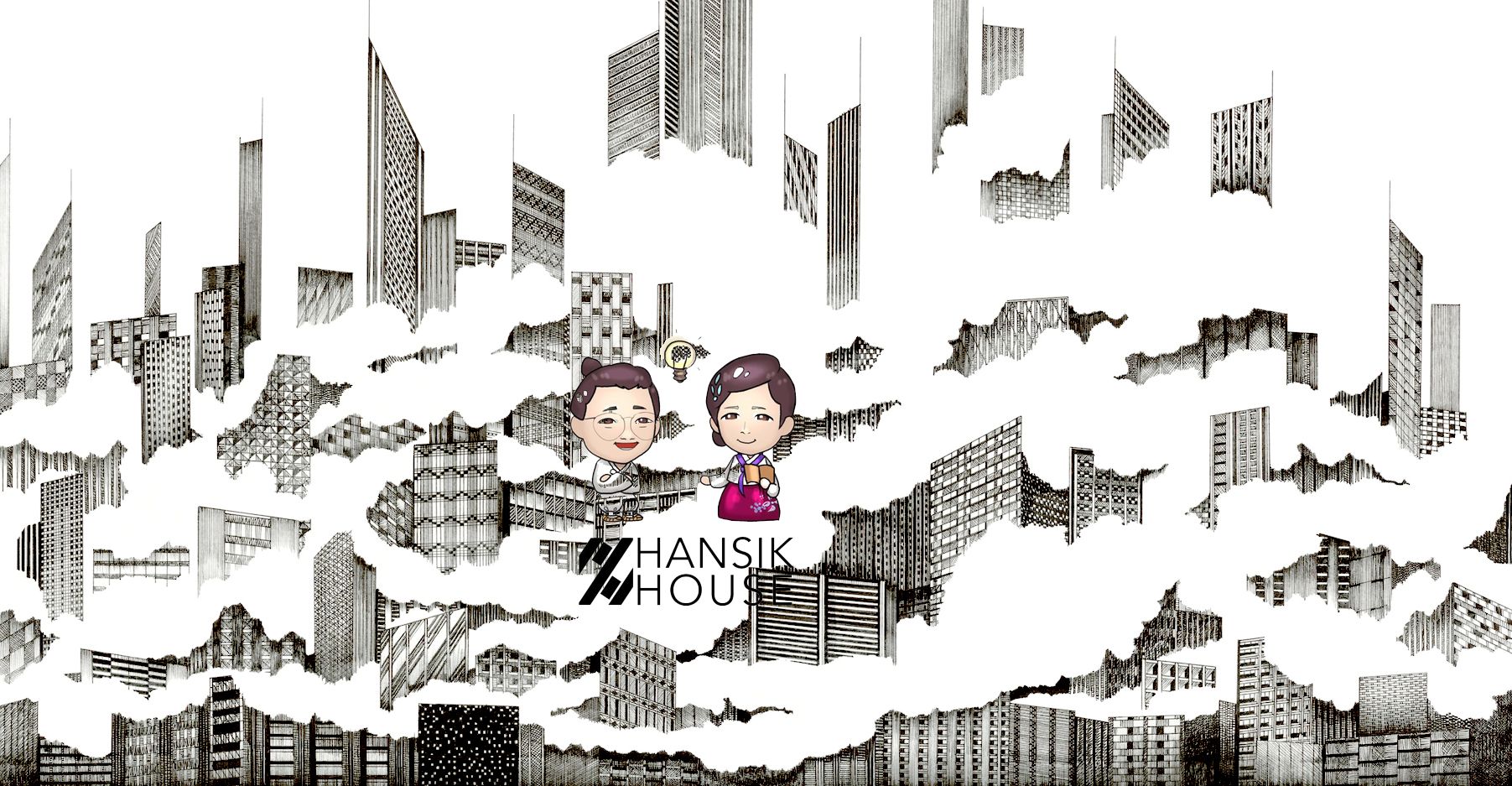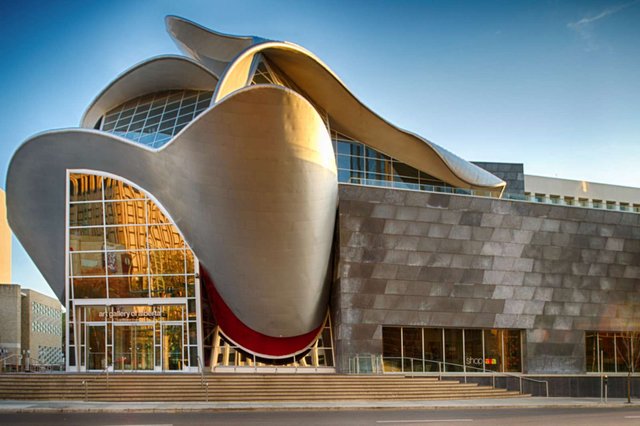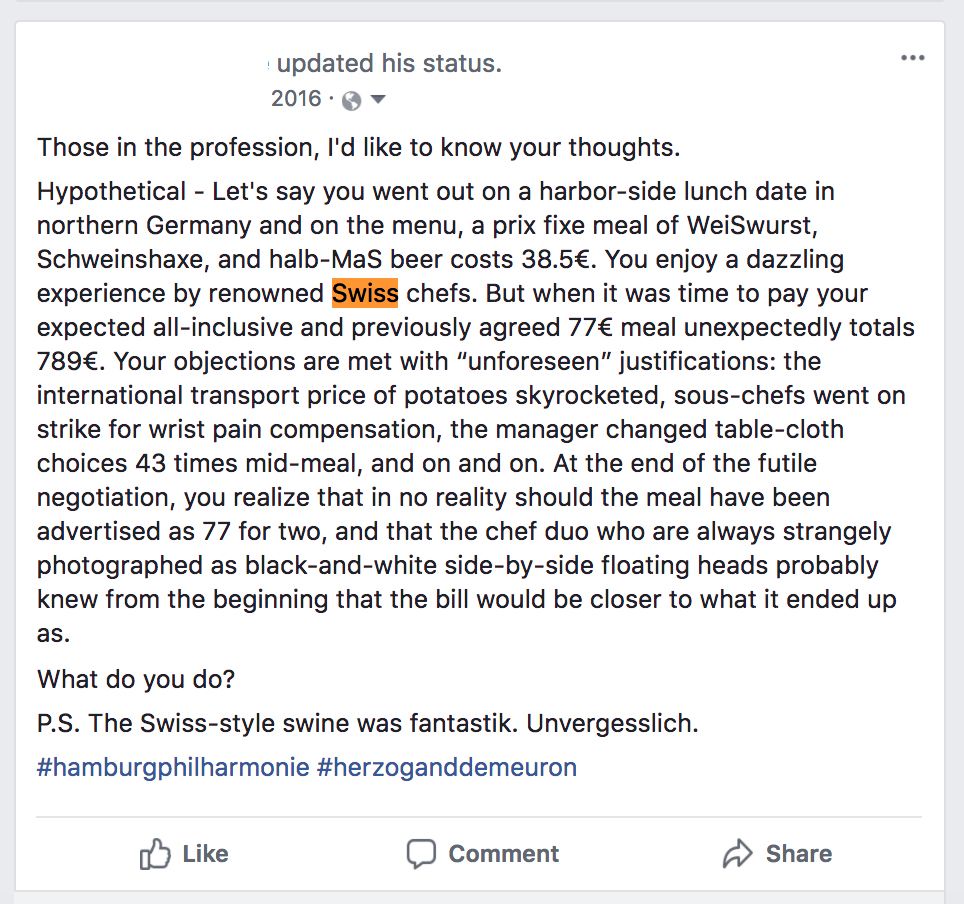Is an Artistic Ethic Harming the Profession of Architecture?

No-Man's Land
The domain of architectural practice has always straddled multiple disciplines and two in particular have made up the two pronged approach of the profession - Art and Engineering. It is easy to how both are fundamental components of the job. On one hand, architecture is entirely physical and depends on structural and material know-how. On the other, it isn’t pure physics and optimization, allowing a heavy dose of creativity to come in and add an aesthetic/spatial quality that makes architecture such an inspiring practice. These two aspects of the profession have oftentimes been at odds with each other and it has been a constant debate of what does or should define the profession more.

What unfortunately happens quite often is that this dialectic allows the profession to sort of “cop-out” of responsibilities on each side. When buildings are sued for their lack of structural integrity or leaking or blinding facade reflections, architects are quick to say that their roles were more artistic and did not fall in the domain of creating a purely functional building. When renderings don’t manifest as expected, they were more constrained by engineering and economic limitations and had to be more “realistic.” Straddling two very different industries has muddied any singular purpose of the profession.
![]()
One of the more worrisome qualities to emerge along this spectrum is one from the hard extreme of artistic values - that creative work should aspire to be masterful, regardless of the nature of resources put into it. Essentially, many architects believe that an end justifies the means and as long as the building is incredible, other factors like budget, human pain, societal effect (like gentrification or political conflict), and many others are necessary evils or don’t even factor into their equation.
This is an approach to creative work that really emerged in the last half-century of creative production, that we’re equivalent to modern-Michelangelos and work shouldn’t be judged in its immediate context. Instead, we should create buildings with the expectation that if they are pulled off as intended, they will (all) set precedents for future inspiration. This is the type of Andy Warhol egomania that seeped into the minds of Starchitects.
A perfect example of this is the very underplayed controversy surrounding the Hamburg Philarmonie that was completed a few years ago. This was while I was first getting to know Steemit and everything blockchain in late 2016 so I posted this gem on Facebook -

A good chunk of my connections on Fbook are architects and designers so I thought this type of post would elicit some productive response. The point was the frame what happened in this project where the work went many multiples over the original budget. Despite the fact that it diverted millions of euros away from other state-funded programs and necessities, architects still cling onto the assumption that the cost is a marginal aspect of the ambition to bring greatness to the city of Hamburg.
In fact, I have a number of friends and colleagues who worked on this very project and when I made this more jokester reference to the project’s financial situation, they took on a very defensive posture, claiming that in the long-term it would be “worth the investment.”

Though that may very well be true and I in fact am a personal fan of much of the work that comes out of the Swiss office, to assume that all architecture will meet that lofty goal is a dangerous one. Going over-budget is one thing (though it is pretty concerning, especially if the firm repeatedly performs this way), but what if your building leads the deaths of hundreds of modern slaves? Or if it causes massive gentrification? Are all of these effects trivial in the prospect of artistic greatness?
As an architect myself, I’m constantly trying to figure out how the profession can be better - better in how it is represented, how it is marketed/communicated, and how it actually practices to achieve its mission.
Let me know what you think so far and if you have any ideas of how we can revive the profession with a bit more humility. The walking Frankenstein’s monster is no longer suitable in being a world-class profession.

Great post, its really something that all us Architects have to juggle and come to some acceptance about.
I dont however agere that the conflict between creativity and functionality/practicality is as widespread as you made out. I know several of the engineering projects i worked on were actually improved on by the architect whilst i have also seen some amazing engineers come up with breathtakingly amazing and creative design outcomes. The professions can overlap alot more than people like to admit.
Hey @nathenial, thanks for the comment! I don't mean to make it seem like a universal problem, just that the duality of it can often be a disservice that removes architects from a position of responsibility. It can produce great inspiring results, but at the same time it can also cause a great deal of confusion for practitioners.
Very interesting article.
This reminds me of the Soccer worldcup 2010 in South Africa, where the Soutth African inhabitants complained about the building of several new soccer stadiums which cost millions over millions South African Rand, yet the population itself is suffering from poverty. All this only to present the world an astounding three week period of soccer, and to sell the brand South Africa in the best possible way to the world.
Beside of that, architecture is surely a wonderful job. Personally, I prefer spherical shaped buildings over rectangular, edgy shapes, the energy literally gets stuck there.
Spherical shapes always appear less restrictive, and the effect of that surely affects our mind and well-being.
The relationship to architects and World Cups/Olympic events is an enormous problem in itself, one that architects are kind of forced into with no clear purpose.
Thanks for the comment @alexventuria!
excellent friend information
굉장히 좋은 글이네요. 본문에 나오는 내용 뿐 아니라 이렇듯 가끔은 상충되는 부분에 밸런스가 중요해보이네요.
번역기는 이따가 돌려 볼게요
잘 지내시나 인사하고 싶어 왔어요
봄이 깊어요
한국엔.
매우 아름다운 건축물입니다.
영어를 잘 몰라 이해가 되지는 않지만
그림을 보니 옛날 건축을 허물고 새롭게 만들어졌나봅니다.
곡선미가 참 아름답습니다.